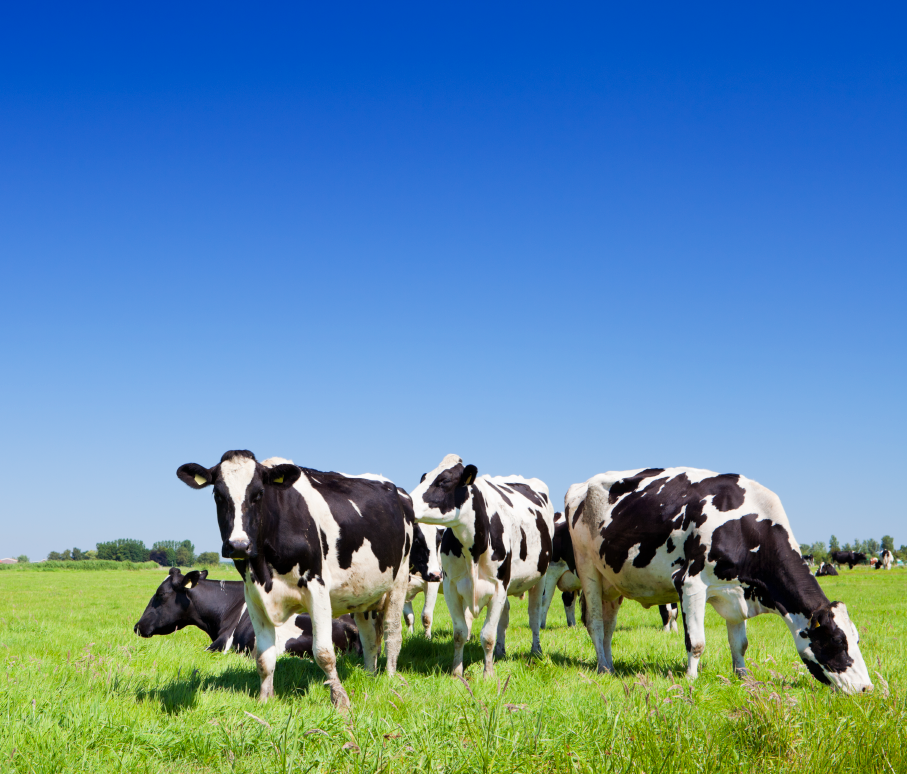This case study is based on an article published by WIPO found here.
Who: Isabelle Botticelli, Thomas Hafner and Chris Kantrowitz, Co-Founders of Mootral, a Swiss-British AgriTech company
Challenge: As cows digest their high fiber diet, they emit methane – a greenhouse gas that traps up to 84 times more heat than carbon dioxide (CO2) over 20 years. Methane emissions have increased by 50% over the last five years, and the demand for beef and dairy products only continues to grow.
Opportunity: Mootral co-founders Thomas Hafner, Isabelle Botticelli and Chris Kantrowitz sought to help farmers produce high quality food that is good for people, animals and the planet. Driven by their desire to mitigate agricultural impact on climate change and support sustainable farming practices, the team developed a natural feed supplement that significantly reduces methane emissions from cattle.
Mootral’s propriety combination of garlic and citrus extract, called Enterix™, alters the animals’ gut microbiome to reduce methanogenesis (the production of methane by a specific set of microbes) without compromising the animals’ health or well-being. Extensive research has shown that Enterix™ can reduce methane emissions by up to 38% on commercial farms. This could have an incredible environmental impact; if the 1.5 billion cows on earth were fed with Enterix™, it would be possible to achieve annual CO2 reductions* of 1.5 gigatons.
The Mootral team believes “climate change is the defining issue of our time” and that we must innovate at “climate speed” to build a better future. They have done so by leveraging intellectual property (IP) rights; Mootral holds a number of patents for its products. This IP protection is crucial in helping the company succeed and build on their work, enabling them to tackle current and future issues.
Combatting climate change will require innovation in every sector, but the Mootral team has proven there are solutions that can – and will – make a difference. A strong IP ecosystem supports and incentivizes this innovation, meaning IP rights are a vital component of a more sustainable future.
*Global warming potential over 100 years IPCC Standard
"We must move at climate speed. Not government speed, board level speed, academic speed, but climate speed. To mitigate agricultural impact on climate change, is to future-proof farmers’ ability to feed eight billion people."
– Thomas Hafner, Founder and CEO of Mootral


